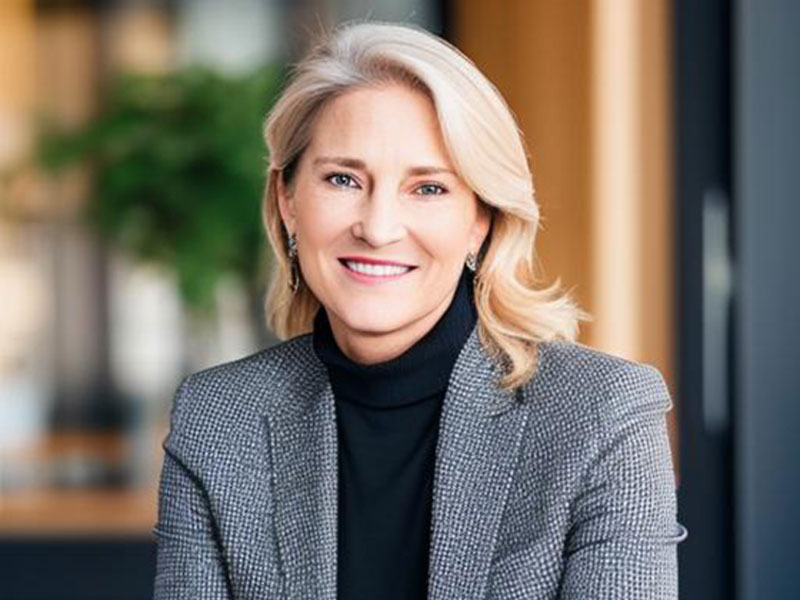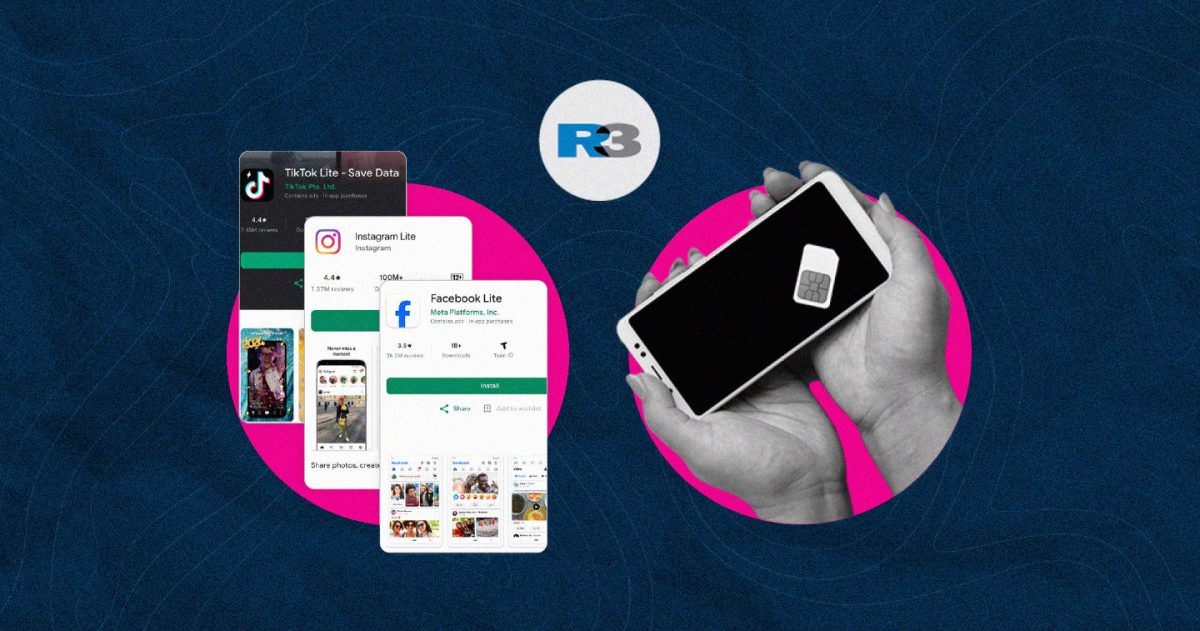
Mary Meeker’s largely anticipated annual internet trends report is finally here, and it is a doozy. Clocking in at 213 slides, there is a massive amount data to sift through. The report highlights that while internet growth is experiencing a slowdown of sorts (with three billion users globally and a nine per cent year-on-year growth rate), it is actually playing a larger role in more aspects of our lives than ever before. The extensive report touches on economic growth rates, advertising, digital platforms, the IoT, and so much more, but if there is one takeaway from this massive amalgamation of data, it is that mobile is going to play a huge role in the future of the internet.
While Meeker points out that the global smartphone market is contracting after five years of breakneck growth, overall internet advertising grew by 20 per cent from 2014 to 2015, fuelled in large part by mobile ads, which grew at an astonishing 66 per cent YoY. Despite this growth, she asserts that advertisers are still committing too many of their marketing dollars to legacy media.Marketers in the US spent only 12 per cent of their budgets on mobile ads, while consumers spent a whopping 25 per cent of their time in the media, representing a USD 22 billion missed opportunity.
The so-called internet economy has largely been fueled by advertising, which was valued at zero dollars 20 years ago and USD 60 billion today. Advertising spends are largely dictated by the technology of the day and consumer demands, and as mobile tech explodes and mobile platforms begin to account for so much more than just communication, Mary Meeker’s ideas on the future of mobile paint a pretty interesting picture for the next several years.
The text-free future
Mobile messaging, currently dominated by Facebook and WeChat, will continue to transform from simple text communication platforms, and in the future there may be no text involved at all. Gen Z, who Meeker’s report calls ‘tech-innate’, by and large prefers to communicate with images. Visual platforms, like Facebook, Snapchat and Instagram are already dominating the mobile landscape. Snapchat is poised to play a huge role in the future of mobile marketing, with the biggest opportunities lying in branded filters and lenses. The average Snapchatter will play with a lens for around 20 seconds – much longer than a typical advertisement engagement. Meeker views Snapchat as offering the type of video ads that work. They are brief, entertaining and in-context, a combinationthat other platforms have trouble replicating, evident by the fact that mobile ad blocking is up 100 per cent.
The rise of voice interface is also well underway, with Google and Android seeing 20 per cent of their searches come from voice. According to Google, machine speech recognition is now at human level for voice search in low-noise environments, and mobile voice assistant usage is growing rapidly. This shift to voice interface represents a new era in the concept of being ‘always on’, and developers are moving at lightning speed to build the platforms necessary for the coming change.
‘Always On’ in an interconnected world
Mobile devices are becoming seamless parts of our everyday lives; platforms like WeChat are making themselves indispensible by expanding from messaging to retail and even banking. The time it takes a retailer to reach USD 100 million in online sales is rapidly shrinking, and mobile commerce is no doubt playing a role. In China for example; there are around 10 million business accounts on WeChat, and over 80 per cent of users follow at least one. Mobile is fueling the internet economy like no other medium, and the expansion of the IoT into our homes and vehicles means that we will no longer just be connected to each other via our mobile devices, but to everything that plays a role in our lives.
Marketers in APAC are realising the important role that mobile will have to play in their strategies over the next several years, particularly in light of the of the fact that forecasters suggest there will be 2 billion smartphone users in APAC alone by 2019. At R3’s latest AdTech 40 Roundtable in Singapore, the senior marketers in attendance discussed the challenges of implementing a mobile first strategy, but recognised that “understanding the digital ecosystem is a journey.” If Mary Meeker’s predictions prove to be true, it’s a journey that marketers have to embark on sooner rather than later.
Source: Digital Market Asia





